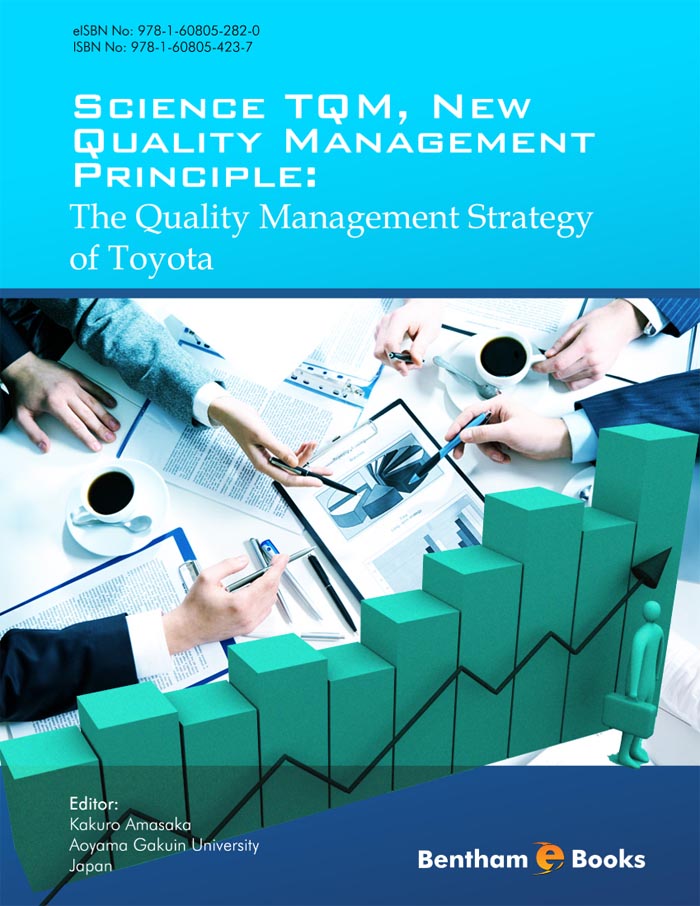Introduction
When we look at the quality management issues that have faced, both, in Japan and the rest of the world recently, it is clear that a next-generation quality management practice is required, featuring a rational approach that will motivate people and revitalize organizations. We need to reassess the way quality management is carried out in the manufacturing industry and establish ‘
Science Total Quality Management (TQM), new quality management principle,, as a next-generation management technology. In this e-book, the author proposes the ‘Science TQM, new quality management principle,
aimed at the evolution of manufacturing, and demonstrates its effectiveness. This contemporary principle of Japanese management science - a scientific quality management method – has been the key to success in global production and facilitates globally consistent levels of quality and simultaneous production worldwide.
Specifically, Science TQM consists of several core technologies designed to address specific areas of corporate operations: the ‘Total Marketing System, TMS, for sales, the ‘Total Development System, TDS, for development and design, the ‘Total Production System, TPS,
for production technology and manufacturing, and the ‘Total Intelligence Management System, TIS, and ‘Total Job Quality Management System, TJS, for administrative and managerial functions. These systems are then effectively linked through ‘
Science SQC, new quality control principle,, to rationally achieve strategic quality management.
The focus of this book is thus the theory and application of strategic quality management through the application of ‘Science TQM,. The effectiveness of Science TQM is then demonstrated at Toyota Motor Corporation -one of the world,
s leading automotive manufacturing companies. The author, a leading ex-general manager of TQM promotion division of Toyota Motor Corporation, shows how to align them to develop competitive quality throughout the business process that covers from the creation of product concept through manufacturing and selling to delivery to clients by actual cases. This is an e-book to be benchmarked by research professionals and practitioners who are interested in developing competitive quality of their business in the prevailing global competition. This e-book is also strongly recommended to senior managers such has top level executives who are not directly involved in so-called quality management practices because quality is the outcome of the dynamics of most activities of the company as well as the kernel of competitiveness.
The essence of TQM is reflected in ‘Total Quality Management,. Science and technology, team work, collaboration with internal as well as external members, training and skill, data and information, knowledge, and organizational alignment are all important ingredients to be combined systematically and strategically. Linking all ingredients for quality in consistent and effective ways is a key to competitiveness.
Readers will find not only quality related practices, but also the linking capacity for executing TQM practices as well as understand the implicit scientific, behavioral and organizational insights necessary to achieve real quality.





